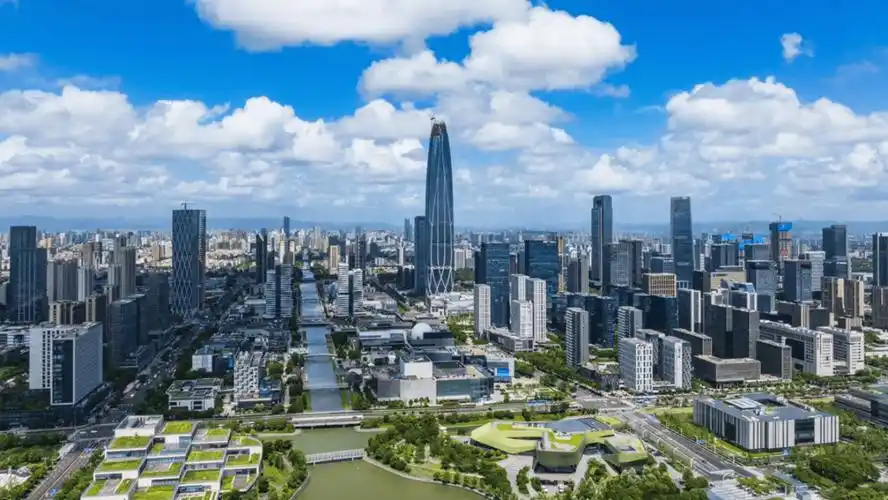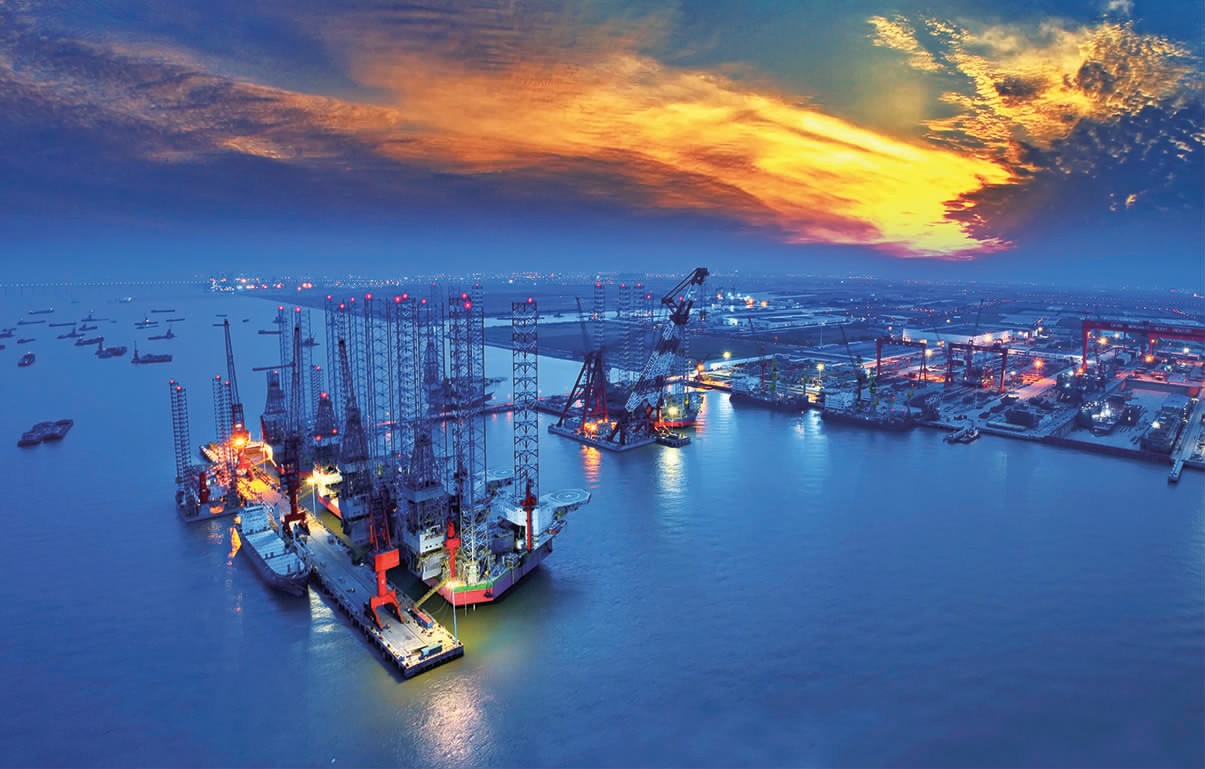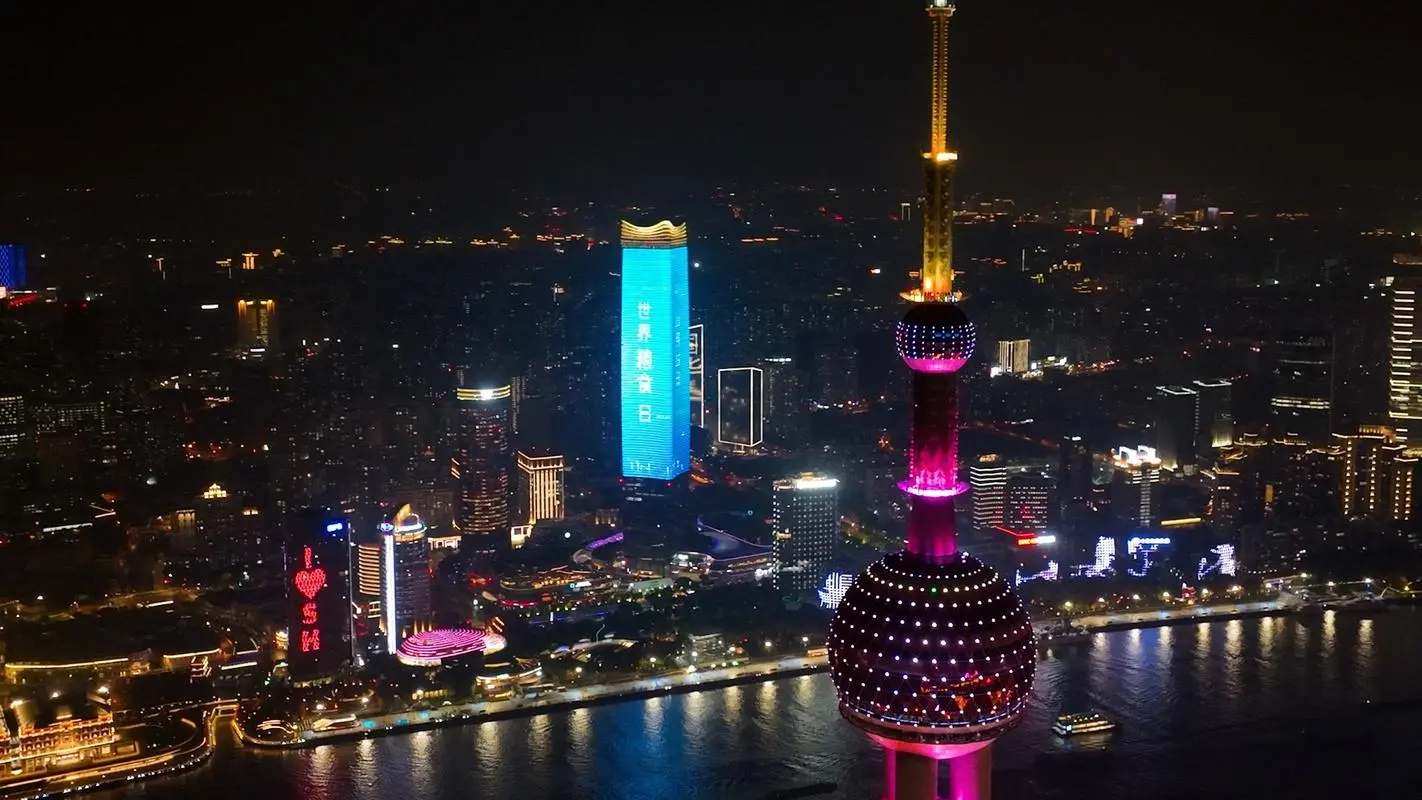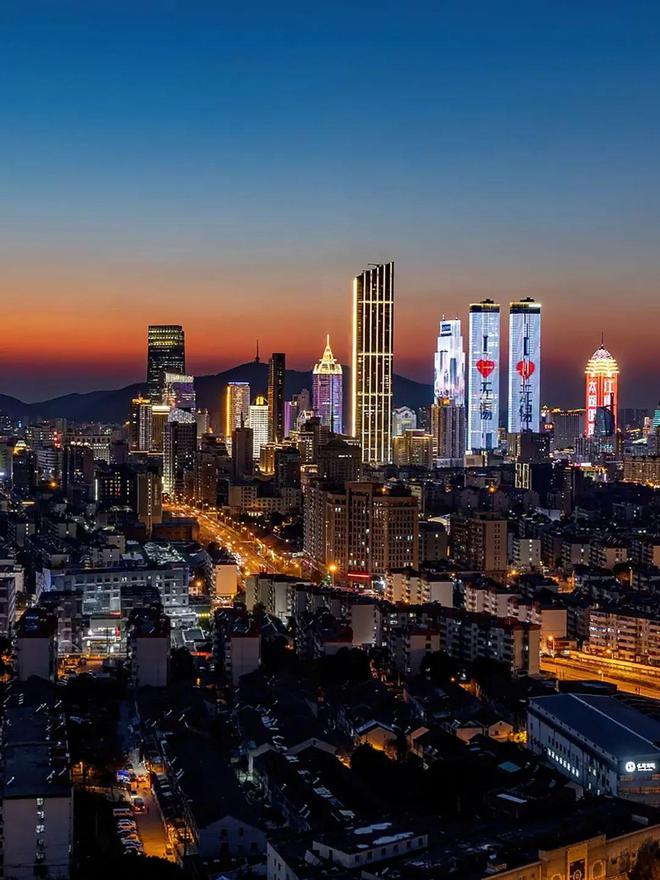Introduction to the Economic Overview and Business Environment of Ningbo

Ningbo City, abbreviated as "Yong", is a prefecture level city, sub provincial city, and planned city in Zhejiang Province. It is located in the northeast of Zhejiang Province, in the middle of the mainland coastline, on the southern wing of the Yangtze River Delta, with the Zhoushan Islands as a natural barrier to the east, Hangzhou Bay to the north, Shaoxing City to the west, Sanmen Bay to the south, and connected to Sanmen and Tiantai in Taizhou. Ningbo has a subtropical monsoon climate, mild and humid, with distinct four seasons. The annual average temperature is 16.4 ℃, and the frost free period is generally 230 to 240 days. The annual average precipitation is 1300 to 1400 millimeters.
administrative division
Ningbo has jurisdiction over 6 districts (Haishu, Jiangbei, Zhenhai, Beilun, Yinzhou, Fenghua), 2 counties (Ninghai, Xiangshan), and 2 county-level cities (Cixi, Yuyao). The total area of the city is 9816 square kilometers, with a permanent population of 9.697 million people (as of the end of 2023).
Geographical features
The terrain of Ningbo is high in the southwest and low in the northeast, mainly consisting of plains and low mountains and hills. The urban area has an altitude of 4-5.8 meters, while the suburban area has an altitude of 3.6-4 meters. The mountainous area of the city accounts for 24.9% of the land area, hills account for 25.2%, and plains account for 40.3%. Ningbo is a typical water town and seaport city in Jiangnan, with abundant water and port resources.
Economic situation
Ningbo is an important port city on the southeast coast of China and the economic center of the southern wing of the Yangtze River Delta. In 2022, Ningbo achieved a regional gross domestic product (GDP) of 157.043 billion yuan and an urbanization rate of 78.9%. Ningbo Zhoushan Port is the third largest container port in the world, with an annual cargo throughput ranking first in the world and a container volume ranking among the top three in the world.
Historical background and cultural characteristics
The history of Ningbo can be traced back to the Hemudu culture 7000 years ago, while the Jingtoushan site advances the cultural origins of Ningbo to over 8000 years ago. In the first year of the Changqing reign of the Tang Dynasty (821 AD), the administrative center of Mingzhou was relocated to Sanjiangkou and an inner city was built, marking the beginning of the construction of Ningbo. In the 14th year of the Hongwu reign of the Ming Dynasty (1381), it was renamed Ningbo after the meaning of "Hai Ding Ze Bo Ning" and has been in use ever since. Ningbo is the cultural capital of East Asia, nurturing the Four Ming School, Yangming School, and Zhejiang East School. Tianyi Pavilion is one of the oldest surviving libraries in China.
The economic overview of Ningbo City in 2024 is as follows:
The regional gross domestic product (GDP) of Ningbo City in 2024 is 1.81477 trillion yuan, a year-on-year increase of 5.4% at constant prices
By industry, the added value of the primary industry was 45.11 billion yuan, an increase of 3.6%; The added value of the secondary industry was 788.27 billion yuan, an increase of 5.9%; The added value of the tertiary industry was 981.39 billion yuan, an increase of 5.0%. The ratio of the three industries is 2.5:43:54.1, and their contribution rates to GDP growth are 1.7%, 49.1%, and 49.2%, respectively.
Main economic indicators and industry performance:
Industrial production: The added value of industrial enterprises above designated size increased by 7.7% year-on-year for the whole year, among which the added value of private enterprises increased by 8.8%. The added value of emerging industries such as artificial intelligence, high-end equipment, and strategic emerging manufacturing increased by 15.5%, 13.8%, and 12.9%, respectively.
Service industry: The added value of the service industry increased by 5.0% year-on-year, with the growth rates of transportation, warehousing, postal services, wholesale and retail, and finance industries being 13.2, 3.4, and 1.5 percentage points higher than the added value of the service industry, respectively.
Agriculture: The overall situation in agriculture is stable, with another bumper harvest in grain production and a 2.1% increase in total grain output. The added value of agriculture, forestry, animal husbandry, and fishery increased by 3.7%.
Investment and consumption: fixed assets investment decreased by 1.4% year on year and increased by 9.4% after deducting real estate development investment. The total retail sales of consumer goods increased by 1.3% year-on-year.
Economic status and comparison with other cities:
For the first time, Ningbo's GDP has surpassed Tianjin, becoming the "eleventh city" of the Chinese economy, marking its economic scale surpassing that of Tianjin, the second largest municipality in the Beijing Tianjin Hebei urban agglomeration.
The business environment of Ningbo City has performed excellently nationwide, ranking among the top 10 provincial capitals and vice provincial cities for consecutive years, and for the first time being shortlisted for the top 10 best reputation provincial capitals and vice provincial cities. Ningbo attaches great importance to optimizing the business environment and has taken a series of measures to enhance the satisfaction and convenience of market entities.
Specific measures to optimize the business environment
Value added reform of government services: Ningbo City provides efficient services and support to enterprises through full chain services, full coverage protection, and comprehensive management. For example, Beilun District has established a "main battlefield" for legal aid in the free trade zone, providing legal services and complaint supervision through the Rule of Law Protection Center to ensure that the legitimate rights and interests of enterprises are protected.
Innovation driven development: Ningbo City focuses on technological innovation and promotes the development of modern health industry. For example, Sino Micro Medical Technology (Zhejiang) Co., Ltd. has developed minimally invasive surgical equipment, which has improved the level of medical technology.
Digital Reform: Ningbo City is promoting digital reform and achieving online and cross provincial handling of multiple service items. For example, the overall handling cycle of intellectual property cases has been compressed by more than 30%, 132 items have been processed across provinces, 93 items have been processed through "intelligent and fast processing", more than 290 high-frequency licenses have been processed electronically without proof, and the city's "one-stop processing" rate has reached 92%.
Business Environment Satisfaction Survey Results
The satisfaction survey of the business environment in 2023 mainly focuses on five dimensions: factors, government affairs, market, rule of law, and innovation. Ningbo's score ranks among the top in provincial capitals and vice provincial cities, demonstrating its comprehensive advantages in multiple aspects.
Future Development Plan
Ningbo City will continue to promote the optimization of the business environment and implement multiple major reform measures, such as innovative regulatory models for liquid chemicals and integrated innovations in the shipping and financial systems, to further promote institutional openness. In addition, Ningbo City will continue to promote the "No.1 Reform Project", strengthen the systematic integration of reform measures, and comprehensively improve the overall level of the business environment.




